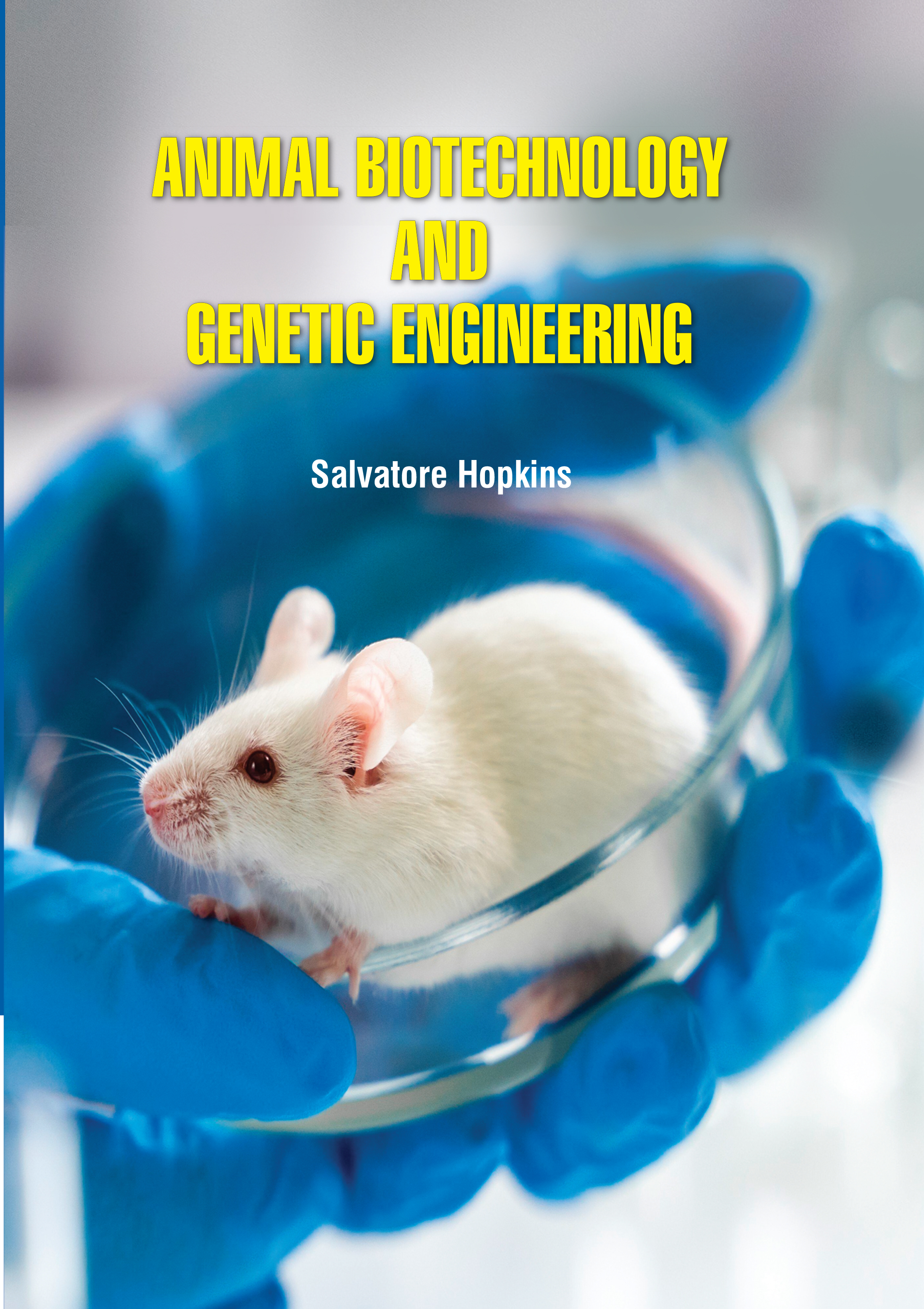
Animal Biotechnology and Genetic Engineering
by Salvatore Hopkins
| ISBN | 9789372422238 |
|---|---|
| Publisher | Digital Drive Learning |
| Copyright Year | 2026 |
| Price | $259.00 |

by Salvatore Hopkins
| ISBN | 9789372422238 |
|---|---|
| Publisher | Digital Drive Learning |
| Copyright Year | 2026 |
| Price | $259.00 |
Animal biotechnology is the use of science and engineering to modify living organisms. The goal is to make products, to improve animals and to develop microorganisms for specific agricultural uses. Molecular markers are increasingly being used to identify and select the particular genes that lead to these desirable traits and it is now possible to select superior germ plasm and disseminate it using artificial insemination, embryo transfer and other assisted reproductive technologies. These technologies have been used in the genetic improvement of livestock, particularly in cattle and buffaloes, and the economic returns are significant. However, morbidity and mortality among animals produced using assisted reproductive technologies lead to high economic losses, so the principal application of animal biotechnology at present is in the production of cheap and dependable diagnostic kits and vaccines. In animals tissue regeneration in amphibians and metamorphosis in insects are known since long time but cell and tissue of vertebrates were not cultured for a long time. In recent years, interests arose on cell and tissue culture of birds and mammals. The techniques have been much improved with the development of culture media, creation of microbe-free environment and controlled artificial conditions. Animal cells are used largely in the production of proteins such as antibodies and other pharmaceutical products. With increasing demand for these products, there is likewise a parallel effort to find ways in which to increase the culture efficiency and productivity. These efforts take form in many ways. While teaching the subject, the author became aware of the need for a simple book which could promote the understanding of the principles of Genetics among the students.